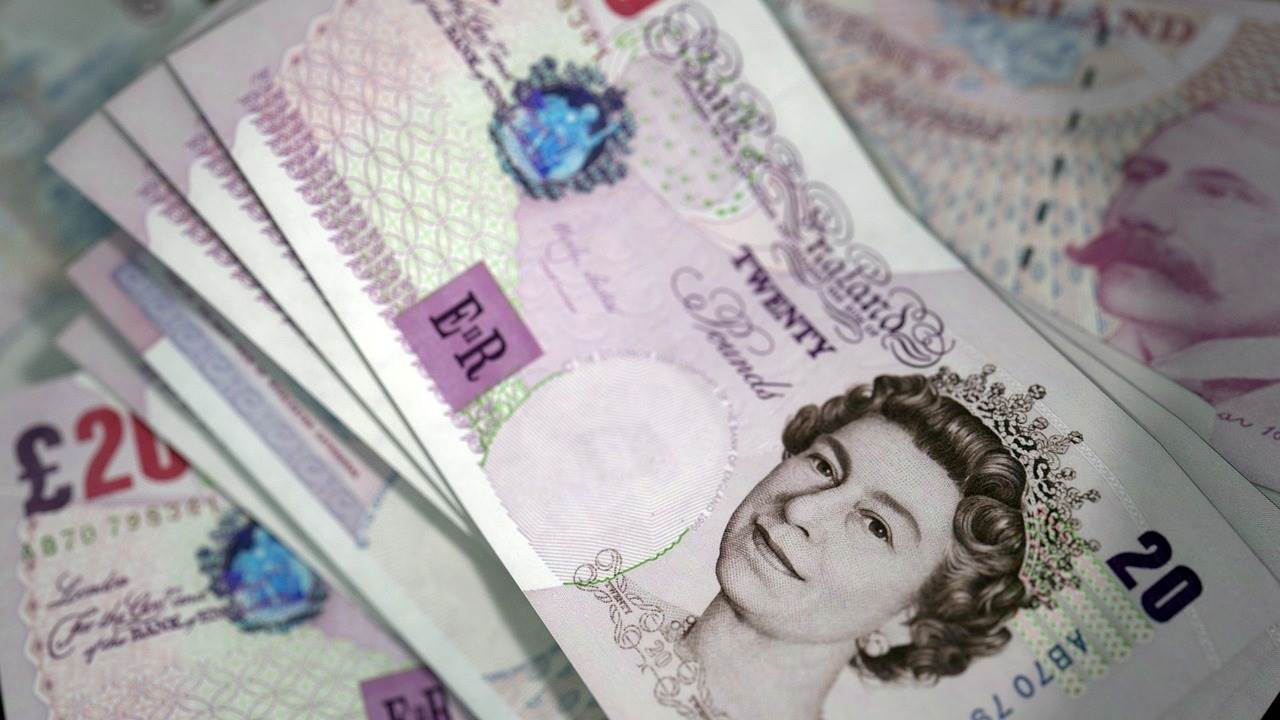
*The British pound continued to slide on Wednesday after a day of heavy selling on Tuesday, as traders remained concerned about what Johnson’s promise for a hard Brexit will mean for the country.
*Asian stock markets were also broadly lower on Brexit concerns.
The British pound continued its steep declines on Wednesday after reports surfaced that UK Prime Minister Boris Johnson has no intention of extending the Brexit deadline past the end of 2020. Concerns that such a “hard Brexit” will be chaotic, confusing, and perhaps even slapdash, has sent the pound lower for the past several sessions after its dramatic rise last week which was prompted by Johnson’s electoral victory. The sterling was down 0.25 percent against the dollar as of 1:27 p.m. HK/SIN, trading at $1.3095. It had soared above the $1.35 mark at the end of last week.
Comments from the European Central Bank about the dangers of a hard Brexit did little to calm traders. Specifically, the ECB warned that the strict Brexit deadline could limit the ability to make the necessary deals. The pound also eased against the euro, with the common currency gaining 0.13 percent to trade at 0.8501.
Brexit concerns were also responsible for pushing Asian benchmarks lower, despite another record-breaking day on Wall Street that saw all three benchmark indexes close higher on Tuesday. Japan’s Nikkei 225 continued its downtrend, trading down 0.55 percent. Hong Kong’s Hang Seng Index was down 0.13 percent, and South Korea’s Kospi was 0.07 percent lower. Even China’s benchmarks which were trading higher in the past few sessions snapped their winning streaks. The Shanghai Composite eased 0.30 percent and the Shenzhen Composite was down 0.12 percent.
What Does a Hard Brexit Mean?
When facing a hard Brexit, Johnson is essentially backing UK policymakers into a tight corner: they can either maintain a hard line on their policy demands with the EU and risk failed negotiations, or make serious concessions to meet both EU demands and Johnson’s Brexit deadline.
Optimists believe that a swift Brexit may force the EU to the negotiating table, but more likely is the fact that the EU will hold most of the negotiating power, and the UK will end up with the short end of the stick, which could have negative ramifications for its economy. Johnson is hoping that the UK will be able to enjoy the financial benefits of EU membership without the other obligations that are placed upon EU members. He is seeking open trade without taxes or tariffs, but he doesn’t wish to yield to EU demands regarding environmental policy and food safety, among other things.
The reality is that these types of issues often take years to resolve, not the months that Johnson is suggesting. His decisions when it comes to negotiating will shape not just the UK’s foreign policy, but also the way its economy advances – or fails to advance.
